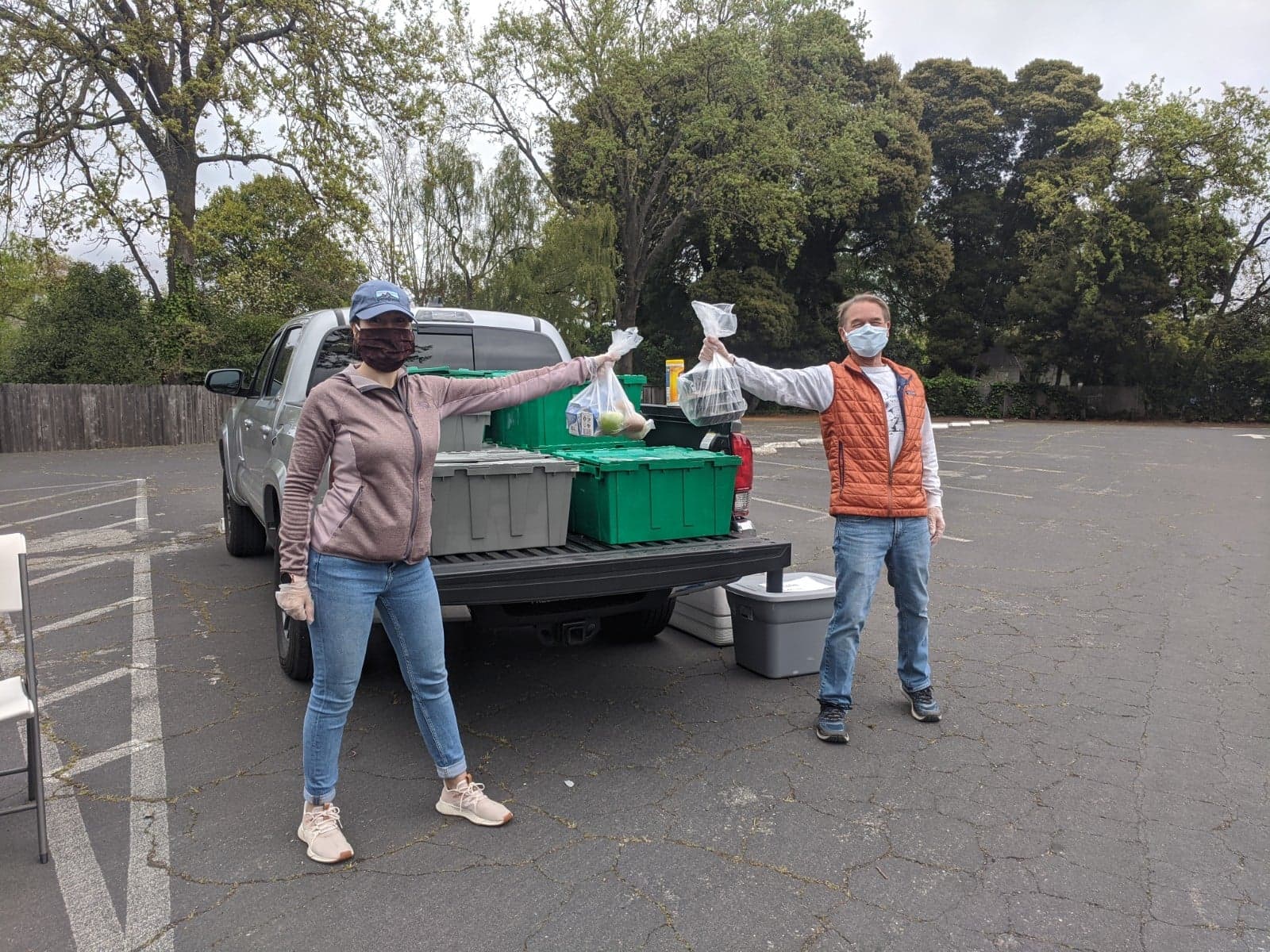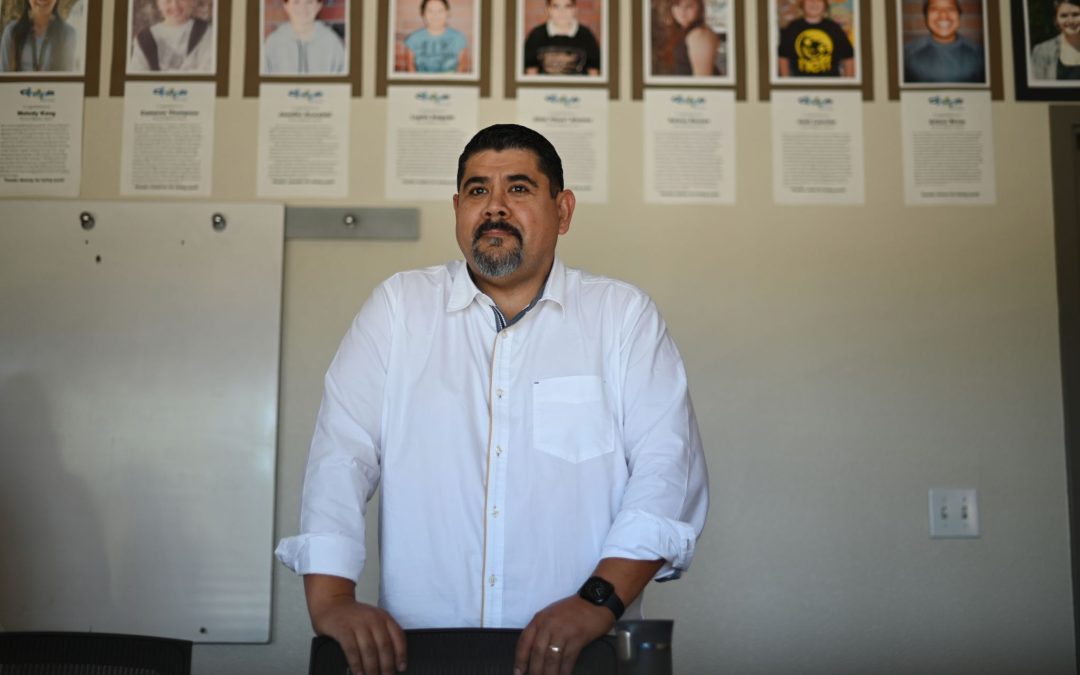Story by Dani Burlison
For more than 50 years Sonoma County’s Council on Aging has provided valuable support to the region’s older adults. Of the many services they offer, the Meals on Wheels delivery program is an essential part of keeping one of our most vulnerable population safe and healthy during the COVID-19 shelter in place orders.
Marrianne McBride, who has served as President and CEO of the organization since 2009, says that prior to the pandemic, Meals on Wheels fed roughly 2,000 Sonoma County seniors per year; an average of 700 meals each day. The program delivers food throughout the county with the exception of Petaluma and Penngrove, and the Sonoma Coast, where other meal services are available to seniors. The deliveries rely on up to 250 drivers per week to get food into seniors’ homes.
“What we can say, since this started, is that our home delivery program has increased,” says McBride. “An additional 200 people per day are receiving home delivered meals.”
McBride says that Meals on Wheels has seen a 30% increase in deliveries on weekends and that the additional 200 weekly recipients are mostly those who had other support such as family or caregivers who provided meals. Now with COVID-19 keeping many seniors away from grocery stores, Meals on Wheels offers drive up sites throughout the county. Participants simply request and reserve it the day before, drive to a meal site, open their window, and they receive a five-day meal pack-up.
An additional option that operates through the Meals on Wheels is The Noble Spoon program.
“It is kind of a high-end gourmet meal that people can purchase,” says McBride. “If someone doesn’t see themselves as a Meals on Wheels recipient, but would like home delivered meals and would like a more gourmet meal, then they can purchase Noble Spoon and we’ll help deliver those as well.”
About 50 to 70 meals a day are delivered through Noble Spoon.
McBride says that through the Meals on Wheels, it costs an average of $1,000 to feed one senior per year. And now, because of a Community Foundation grant provided to Council on Aging, they are able to bring food to the tables of 100 seniors for four months.
But the benefits of Meals on Wheels reach far beyond simply dropping off food and keeping our local aging population physically healthy, says McBride.
Delivery drivers also provide seniors—who are increasingly isolated during shelter in place—with daily check-ins. They can alert family members or medical providers if there are any changes in the well-being of meal recipients, and can contact law enforcement or social services for safety check-ins.
The program also provides basic depression screenings and connects clients who are struggling with the Council on Aging’s mental health supervisor, offering meetings via phone and advice and strategies for dealing with anxiety and depression throughout all of this. Council on Aging works in partnership with interns from Sonoma State University who call at-home clients and do follow-up assessments to see how they’re doing and if they need any additional support.
“Our drivers are able to connect them with other services if there’s a need for that. They find out what they’re struggling with, and then have case managers follow up with them by phone,” says McBride. “That small contact each day can connect them to so much more.”











